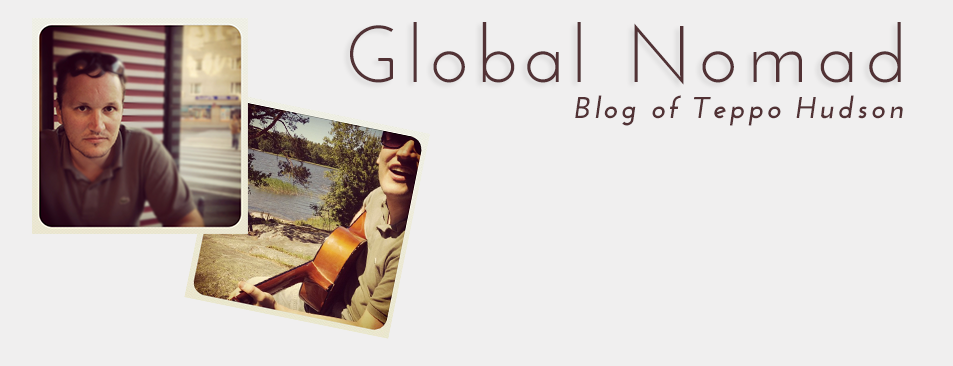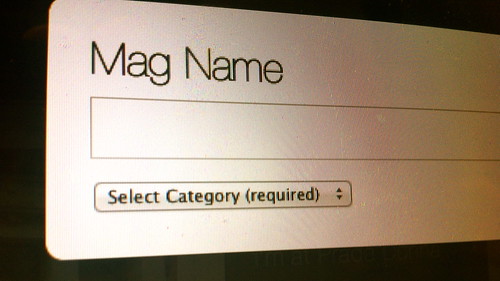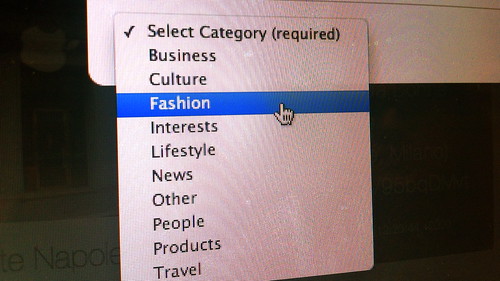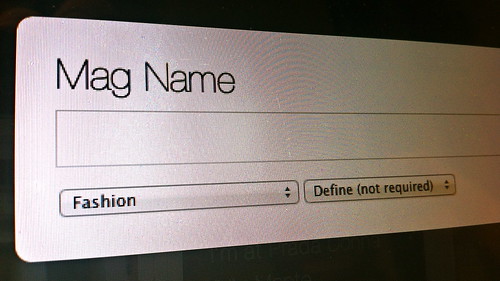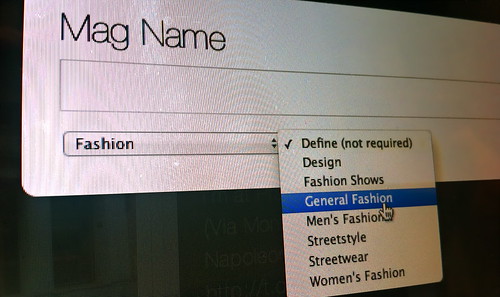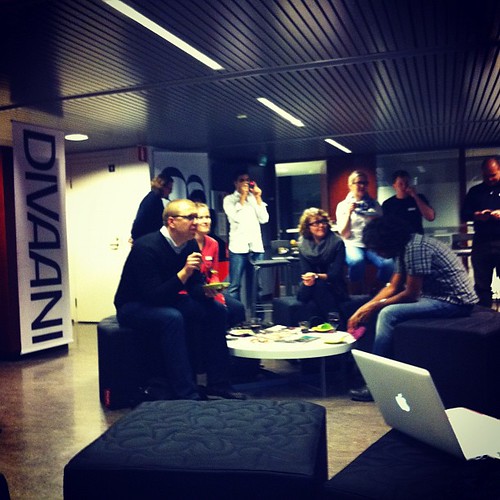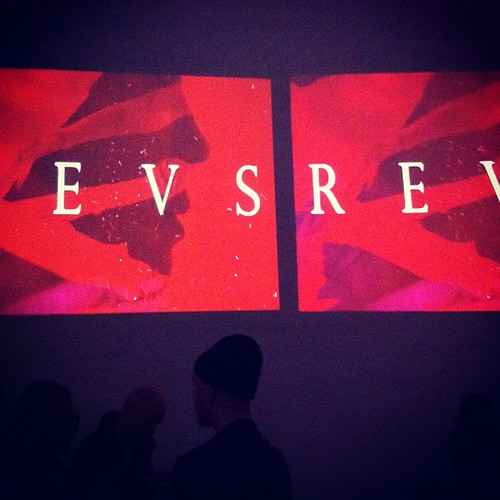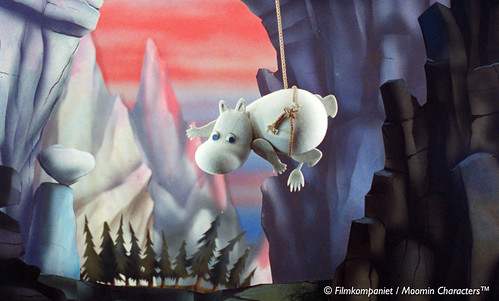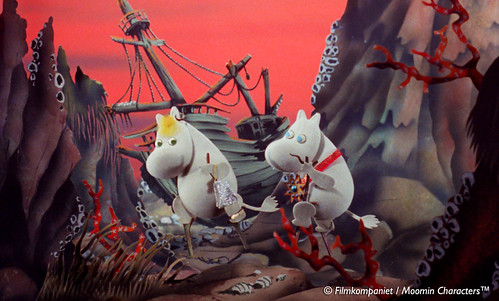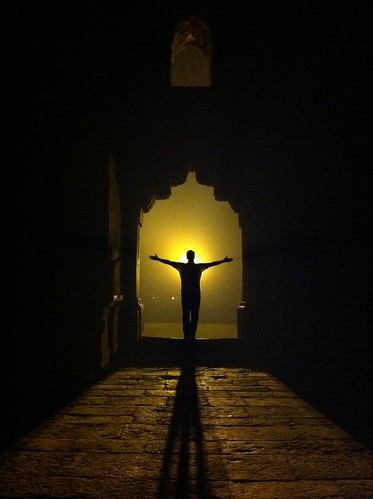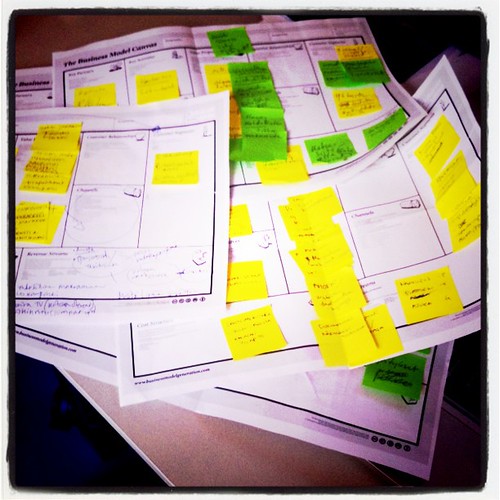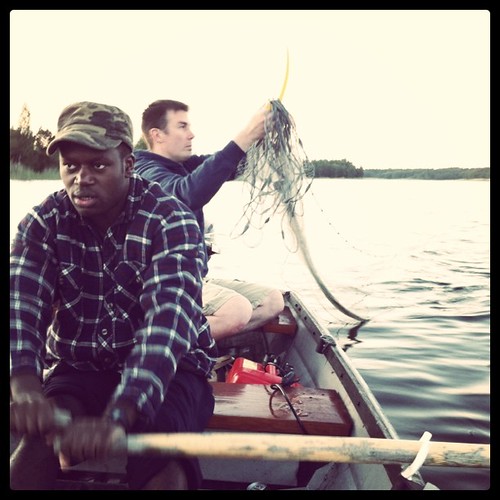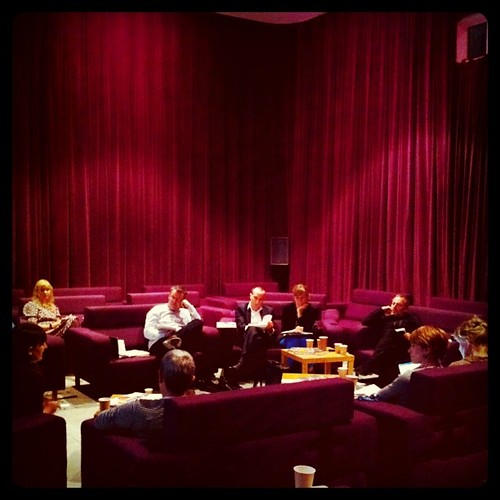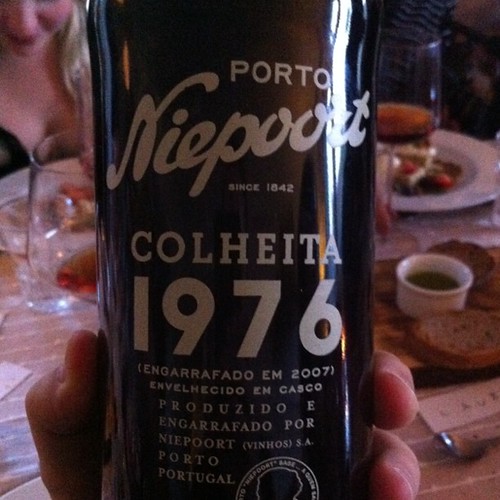BusinessYesterday I was at a
TIVIT next media event, listening to for example
Burton Lee from Stanford University. However the most interesting keynote came from
Saku Mäkinen, a PhD and Tampere University of Technology professor. And it was about Ecosystems.
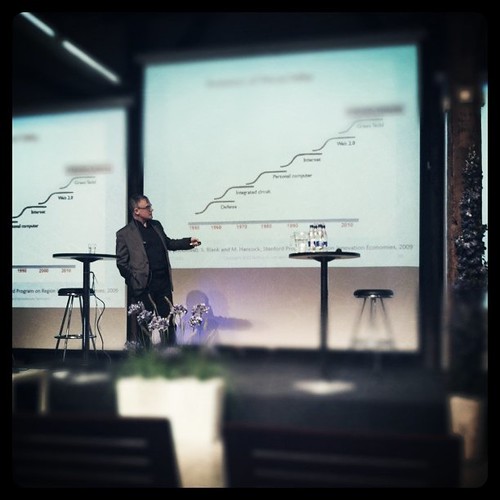 Ecosystem Properties
Ecosystem Properties
Ecosystems in the nature are about energy flow. Similar idea should be applied to to the business ecosystems, where the energy flows through all the organizations and aims to add value to the end user, argues Mr. Mäkinen. Ususally ecosystems are extremely messy systems (note that these are still organised systems!) and works best if the players are striving towards similar value adding goals. Disruptions, both innovations or market cycles, often break the value adding chain and requires heavy adaptation from each organisation involved, expecially the so called keystone or dominator organisations.

Key points:
- Ecosystems are hierarchical systems
- Ecosystem's organisations have interdependence on each others
- Ecosystems have to be goal oriented
- Ecosystems have modular approach to organize itself
- Ecosystems have to a feedback process in place to enable evolution
Evolution of Ecosystem
Ecosystems tend to organize itself around a certain technology, manufacturing or service process. Mr. Mäkinen says this core element needs to be build down the system as far as possible to make it worthwhile. However, depending on the role of the organization, it can focus on certain niches and still be a very important part of the ecosystem.
According to Mr. Mäkinen, the ecosystem have 3 possible roles: Keystone or Dominator and Niche. Great ecosystems are organic, with no added 'preservaties' or non-natural (for the ecosystem) ingredients. Growth usually evolves around certain roles.

Main role is Keystone player who acts as a source of income and energy for the rest of the ecosystem. This organization is thus usually facing the consumers and needs to have a very need knowledge of the market's needs. This main role is usually taken few big organizations within the markets. These roles are usually created in a heterogenous, fragmented and lucrative markets.
Dominators are similar to Keystone players, but do strive to control the ecosystem to a much higher degree. These organizations need to have massive resources to both create stable energy flow and to adapt on market disruptions. And they need to have even deeper knowledge of the market's needs than Keystone organisations. Usually Dominators evolve in market that are homogenous, mature and lucrative.
The bulk of the ecosystem will consist of specialized niche organization that fulfill a certain role to serve the keystone or dominator roles. The strength of niche is focus, that generates higher productivity and better quality. Therefore keystone/dominator organisations tend to work with these organisation, rather than maintaining all the required parts of the ecosystem themselves. Through innovations, niche players might evolve into keystone / dominator roles.
It is all about the end user!
Mr Mäkinen pointed out that quite often, organisations tend to forget that ecosystem's energy flows towards the end user. The aim of this energy is not to work to the end user, but for the end user. As Charlie Leadbeater has said, ecosystem, like any system, that is self-interested works to you, not for you.
Short summary:
- Ecosystem leadership is no guarantee for advantage nor profits
- Nothing last forever as innovations can disrupt everything
- End user value adding is a focal point. Remember to work for the end user.

